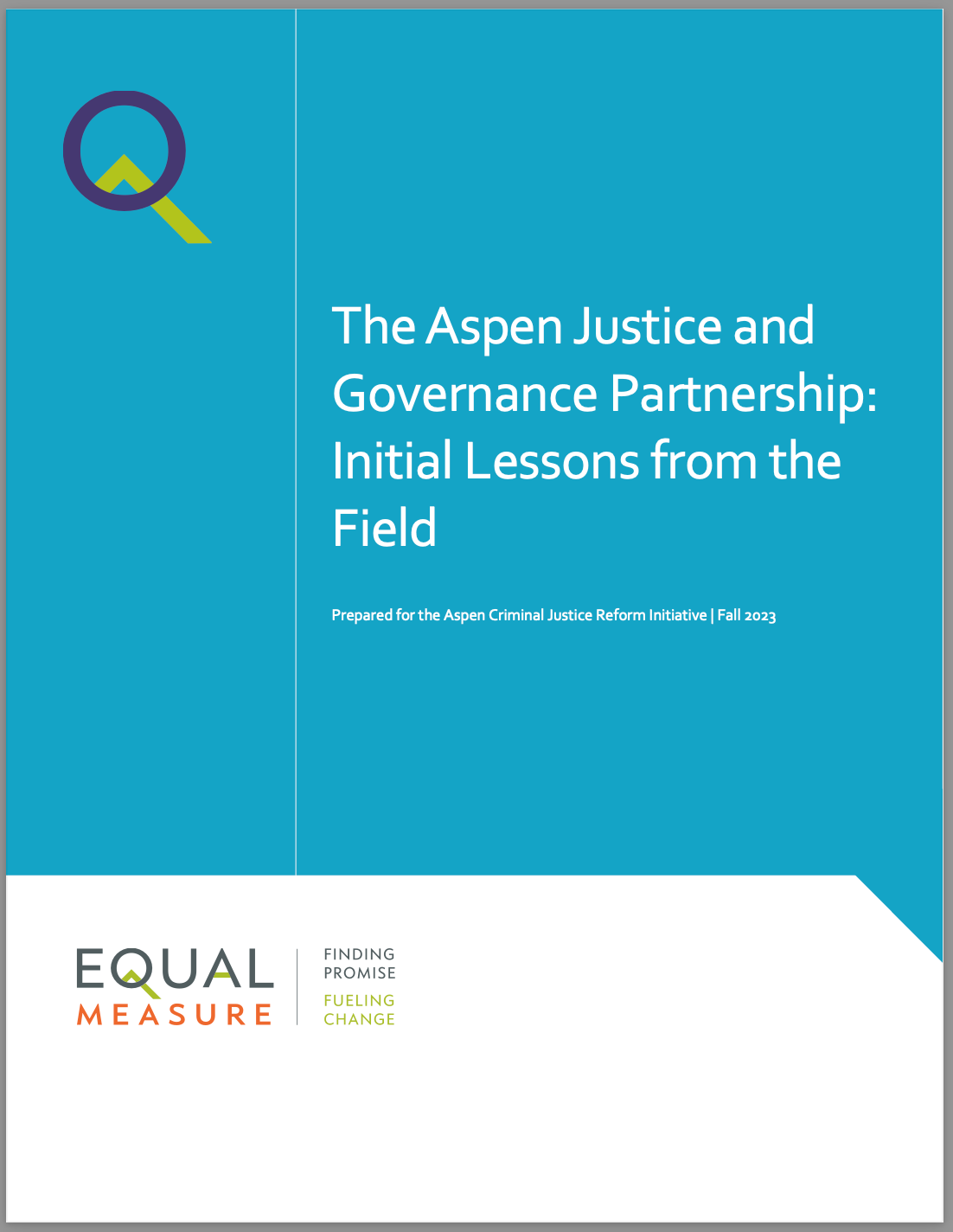In remarks at the Aspen Institute’s McCloskey Speaker Series on July 7 at the Aspen Meadows Campus, Associate Supreme Court Justice Stephen Breyer refused to weigh in on the selection process now going on for a replacement for Justice Kennedy.
“I was selected. I was not the selector. That is like asking for the recipe for chicken a la king from the point of view of the chicken.”
Usually a voluble speaker, Justice Breyer’s caution was a contrast that highlights what a fraught time we are in with a new Supreme Court confirmation process set to begin in days.
In a far-ranging conversation moderated by WAMU “A-1”’s Joshua Johnson, Justice Breyer emphasized the complexity of the Court’s deliberative process. There are multiple audiences Justice Breyer explained for any decision: parties, their lawyers, other judges, and society as a whole.
On most cases, Justice Breyer noted, decisions are unanimous, or have large pluralities. In cases decided 5-4, the alignments can vary. It is only a handful of cases each term that are the focus of public attention. In these, the Justices attempt to persuade each other through successive opinion drafts, adding language here and deleting other phrases there.
Even an opinion drafted as a dissent, Breyer noted, can at the end of the day turn into a majority opinion if enough Justices can be persuaded. And dissents can have other roles – by providing a roadmap to the Court for the future.
Breyer delighted the audience by strongly affirming that he has no present intention to retire from the Court. Holding up his pocket copy of the US Constitution he assured the audience
“I am the border patrol, and this [pointing] is the border.”
On the critical need to protect the rule of law against excesses of the executive, he cited the exchange between St. Thomas More and his persecutor William Roper in Robert Bolt’s “A Man for All Seasons” on what happens when zeal exceeds respect for that rule:
More: What would you do? Cut a great road through the law to get after the Devil?
Roper: I’d cut down every law in England to do that!
More: Oh? And when the last law was down, and the Devil turned ’round on you, where would you hide, Roper, the laws all being flat?
Breyer’s explication of the deliberative and slow nature of change through Supreme Court decisions was a welcome antidote to the impatient results-driven discourse currently dominating the news cycle. We hope the nominee to assume the Supreme Court seat now held by Justice Kennedy, Kennedy’s former law clerk Judge Brett Kavanaugh, will absorb the High Court’s culture as Breyer explained it.
Meryl Chertoff is executive director of the Aspen Institute Justice & Society Program.


